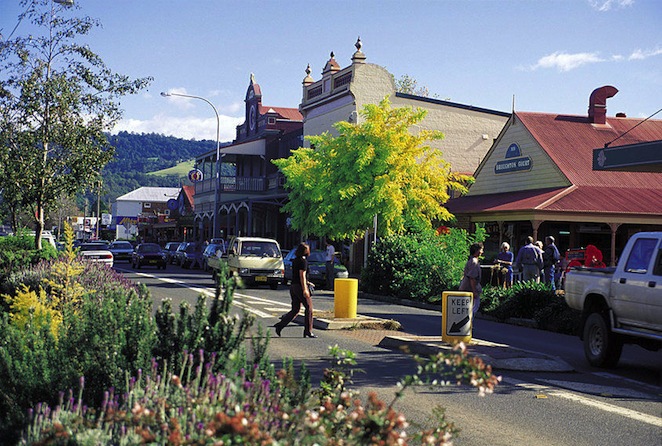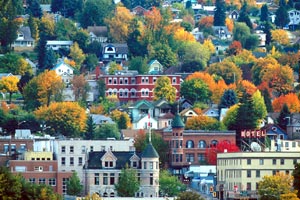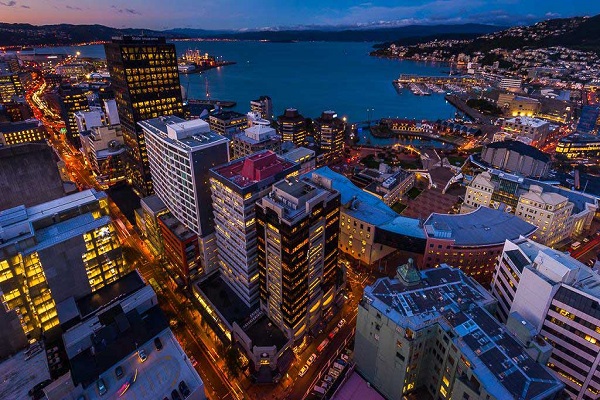Romania
Find Eduxpress Programmes
Romania is one of Eastern Europe’s hidden gems. Famous not only for its gorgeous landscapes and its seven UNESCO world heritage sites, Romania gave the world some of the biggest inventions and pushed the world to where it is today.
From Ana Aslan, the creator of some of the best anti-aging products, and Petrache Poenaru, the inventor of the fountain pen, to some of the greatest engineers in the world, like the father of cybernetics, Stefan Odobleja, and the golden trio of aerodynamics, Henri Coanda, Traian Vuia, and Aurel Vlaicu, Romania basically laid the groundwork for the 21st century.
In Romania, tuition costs are very affordable, especially when compared to other Western countries or even some European states. At public universities, most study programmes cost between 230 and 3,000 EUR per academic year. Additionally, if your average GPA or entry exam grade is high enough, you can occupy a state-funded place.
In terms of living costs, you should expect to pay anywhere between 300 and 600 EUR per month.
Big student cities like Bucharest, Timisoara, Cluj, and Iasi are well-known for all-night-long parties, where people enjoy music, dancing, and having a laugh with their friends. If you're not a party enthusiast, there are many other events or activities in which you can participate:
Saying that English is widely spoken in Romania is only half true. The truth is, most young people will speak it fluently and you shouldn't have any problems in larger and more popular cities. You should also be fine at local supermarkets or while taking a train ride on well-travelled routes.
However, if you venture out to see the countryside or want to visit some of the most popular attractions, it's not always easy to find people who can offer guidance in English.
Romanians are known for their Latin blood and for having a light heart. They share a great sense of humour and are often able to see the bright or funny side even in the most difficult situations.
Romanians are also amazing hosts, who will do everything they can to ensure that their guests eat well, have fun, and enjoy their stay.
Romania is one of the hidden jewels of Europe, boasting a wide range of natural and man-made attractions that everyone should see at least once in their life. From centuries-old monasteries to amazing castles, from salt mines to large stone carvings, Romania has it all.
Here are some of the sites you should visit no matter what: the Bran and Peles Castles, the Palace of the Parliament, the Corvinilor Castle, the Rasnov Fortress, the Iron Gates, the Black Curch, Merry Cemetery of Sapanta, the Rock Sculpture of Decebalus, the Danube Delta, etc.
Being home to some of the widest variety of degrees, it might be hard to start from scratch and decide on a degree. Still, based on our data, we managed to find the most popular study options in Romania. These are:
Romania’s capital, Bucharest, is one of the biggest cities in Europe, with over 1.8 million citizens. Although it has a great nightlife and is home of some of the biggest universities in the country, Bucharest isn’t the only great city you can choose for your educational destination.
For instance, you can study in:
If you’re still undecided, you can always go with our recommendations and check out these universities:
To attend a Romanian university, you should know that the application process is either online, or via post, and that you should contact the embassy or the consulate website, to see if you qualify to join one of the programmes.
You can also make sure you’re accepted to a university if you:
Still, the main documents you must procure, in order to apply, depending on your degree, are:
Let's take a closer look at tuition and living expenses in Romania:
At Romanian universities, tuition fees vary based on a number of factors:
On average, international students can pay anywhere between 230 and 9,000 EUR per academic year. You should always check the official university website, because tuition can change every year.
Don't forget to look for scholarships in Romania to reduce your study costs.
Romania is located in Eastern Europe, so living costs and accommodation can be really cheap for international students. With a budget between 300 and 600 EUR/month, students can find a great room, live comfortably, enjoy the city nightlife, and buy a transport pass.
Here's a breakdown of average living expenses in Romania:
Facts about Romania
Let’s be honest here: you lose a great deal if you never visit Romania. I know it might sound like an overstatement, but the country has some of the coolest tourism spots in Europe. For instance:
Also, let’s not forget some awesome Romanians people and facts, like:



